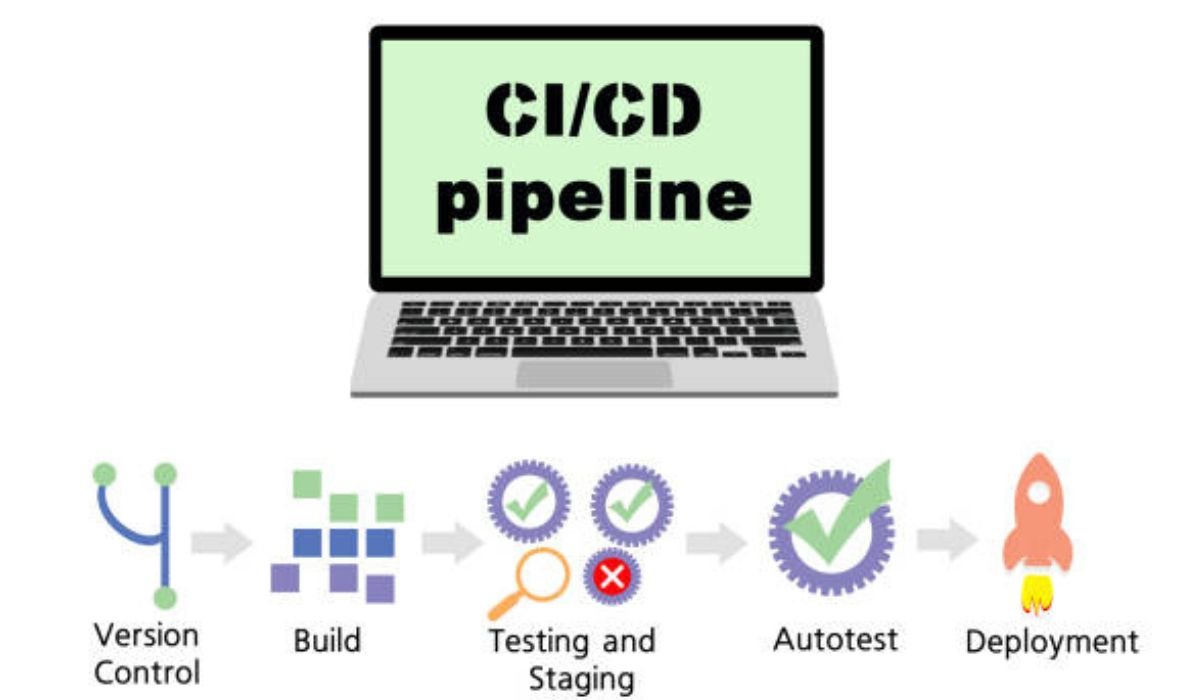Working with a wealth planner increases your chances of achieving your financial goals. As a high-net-worth individual, a planner gives you access to professional insight about the best ways to manage and preserve your wealth. Whether you want to establish a trust or diversify your investments, a financial planner has the skills to meet these goals. Here are a few techniques planners use:
Efficient Tax Planning
Reducing your tax obligation is one way planners protect the wealth of high-net-worth individuals. Having a net worth of over a million dollars may result in substantial tax liabilities if you don’t have effective tax planning strategies. A wealth planner evaluates your tax obligations and identifies ways to minimize them. Efficient tax planning legally lowers your tax liability while maximizing rebates, saving funds for uses other than paying taxes. Experienced planners employ various strategies, including:
- Timely filing: Maintains tax records and prevents issues that may lead to delays and fines.
- Harvesting tax losses: Involves making capital losses to minimize tax obligation.
- Charitable giving: Reduces taxable income while allowing you to support causes you value.
- Trusts and limited partnerships: Allow you to separate yourself from the legal ownership of assets, protecting them from hostile takeovers.
- Offshore accounts: Give you access to jurisdictions with growth-friendly tax regulations.
Effective Estate Planning
Planning your estate allows you to provide instructions on how the assets will be divided and passed across generations. Planners offer insight into efficient ways to facilitate the smooth transfer of wealth. They provide comprehensive management strategies involving insurance, trusts, and direct asset transfers.
Trusts can be used to preserve your wealth over multiple generations by protecting assets from estate taxes. Irrevocable life insurance trusts provide heirs with sufficient funds to cover estate liquidity needs in the event of your passing. This strategy may protect core assets from being sold. Planners also use generation-skipping transfer to pass your wealth directly to grandchildren or later generations. By bypassing immediate heirs, this strategy reduces immediate tax exposure.
Wealth management companies may utilize family governance structures, such as private foundations and charters, to manage succession planning. They also provide professional insights throughout estate planning and succession. You’ll have access to experienced planners for ongoing expert advice and trust implementation.
Strategic Asset Protection
Your wealth is constantly exposed to various risks, such as lawsuits, creditors, and evolving market conditions. Wealth planning firms use strategic asset protection to reduce this exposure. They use offshore trusts, domestic asset protection trusts, and limited liability entities. Offshore trusts help protect your assets from domestic lawsuits and creditors. It does this by placing them under jurisdictions with favorable foreign regulations.
Domestic asset protection trusts involve placing assets into irrevocable structures that legally separate them from your ownership. Limited liability entities protect your personal assets from business liabilities. Wealth managers also diversify asset classes across jurisdictions to mitigate risks. If one asset class is hit by market volatility or regulatory changes, the others can help stabilize your portfolio performance.
If you own businesses, planners may use corporate restructuring and refine buy-sell agreements to reduce potential disputes. These changes define ownership rights, protecting your assets from hostile takeovers and liquidations. They also provide smooth exit strategies for partners. Other strategies include purchasing high-net-worth insurance and a sizable life insurance policy. With these measures, you can cover catastrophic losses, safeguard family members and beneficiaries, and preserve your estate value for future generations.
Comprehensive Investment Management
Your investments are foundational to building and maintaining wealth over multiple generations. As a high-net-worth individual, your investment portfolio is more likely to include various asset classes. Managing these investments involves strategic asset allocation, active portfolio rebalancing, and alternative strategies.
Wealth managers offer investment advice based on your goals and risk tolerance and can help you create a more diversified portfolio. They can manage private equity, hedge funds, real estate, and venture capital to increase returns and promote growth. Investment management and diversification also help hedge against inflation. Working with a wealth planner allows you to conduct due diligence before putting your funds into any asset. You also stay ahead of emerging opportunities to diversify and grow your portfolio.
Speak to a Wealth Planner Today
Managing wealth, especially if you’re a high-net-worth individual, requires the professional experience of a financial planner. Whether you want comprehensive wealth management or specific services, such as retirement income planning, work with an advisor. Contact a wealth planner today to find out more about their services and strategies.
YOU MAY ALSO LIKE: FintechZoom.com Gold: How Ancient Wealth Shapes Tomorrow’s Digital Economy











